
HOW CANCER CAN CAUSE DYSLEXIA AS MARTIN KEMP OPENS UP ABOUT EXPERIENCE ON I'M A CELEB
Martin Kemp has opened up on I’m A Celebrity… Get Me Out of Here! about the unexpected and life-altering challenges he faced after undergoing surgery for a cancerous brain tumour — including the development of dyslexia later in life. The Spandau Ballet bassist, who has previously spoken about his cancer battle, offered one of the most personal and emotional revelations of the season, shifting attention away from recent show controversies and grounding the episode in a powerful moment of vulnerability.
During a candid conversation with his campmates, Kemp shared that his dyslexia began only after his tumour was removed. He explained that reading had become significantly more difficult, with “the ends of the words jumbling around,” something he still experiences today. He clarified that the condition did not stem from childhood or traditional learning challenges but from physical changes in his brain after surgery — a detail that surprised many viewers unfamiliar with how neurological damage can cause adult-onset dyslexia.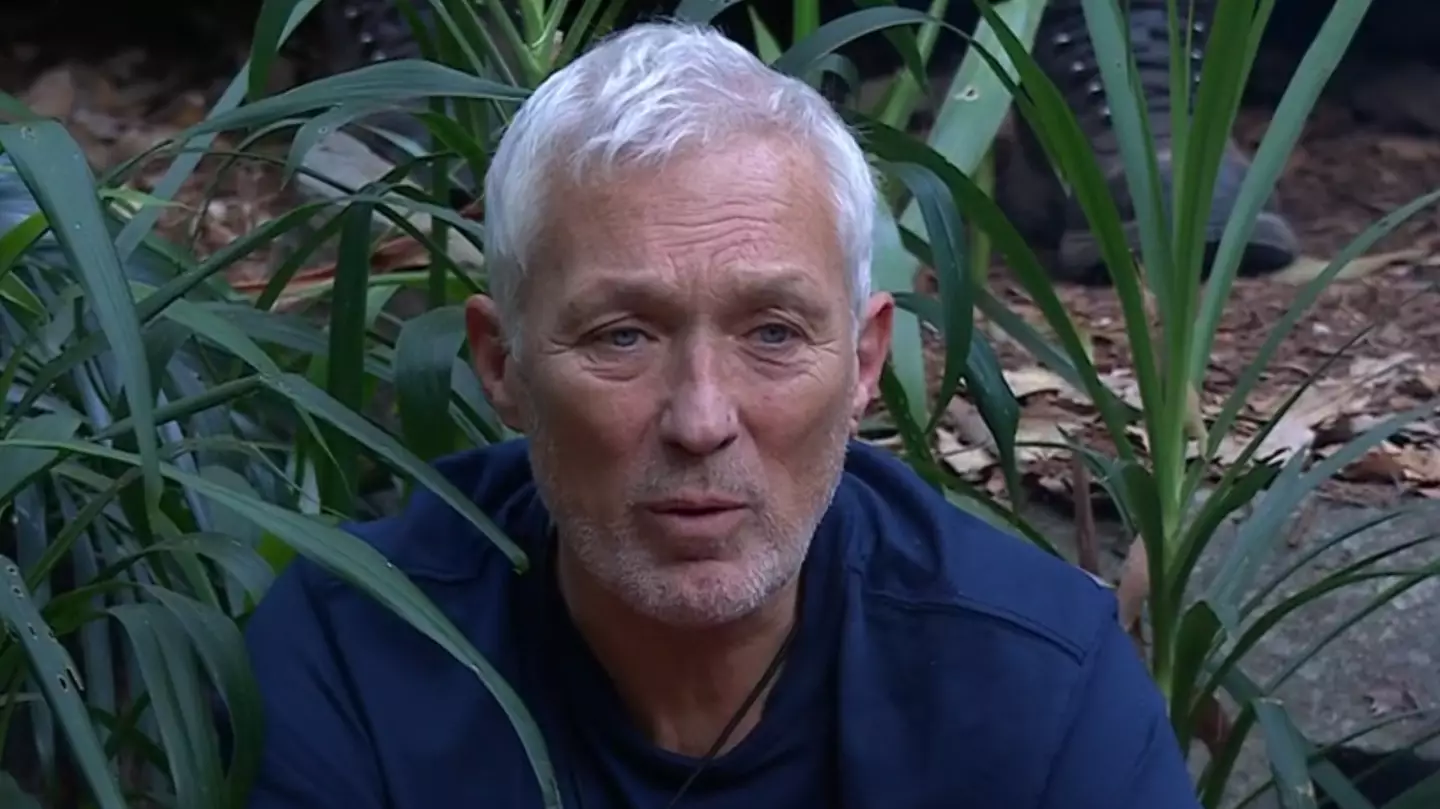
Although not widely known, the removal of a brain tumour can lead to cognitive and language difficulties, including problems with reading and spatial awareness. This occurs because tumours can distort or compress brain tissue and disrupt neural pathways long before they are removed. Even careful, medically necessary surgical intervention can unintentionally damage delicate regions of the brain responsible for reading, interpretation, and processing.

Martin Kemp opened up on I'm A Celeb (ITV)
Scientific studies support Kemp’s experience. Research published in Human Brain Mapping found that among 49 patients with brain tumours, 18 experienced decreased reading performance during surgery compared with before the procedure. Immediately after surgery, this number rose to 26, showing how vulnerable reading networks are to physical disruption. Although many patients regained their baseline abilities over time, a small group continued to experience lasting difficulties — much like Kemp described. The findings highlight how even life-saving tumour removal may carry long-term neurological consequences.
Kemp went on to recall his original diagnosis in 1995, explaining that the tumour had grown so extensively that it had begun pressing into the bone. He remembered the shock in a makeup trailer when people first saw the visible lump on his head while he was wearing a bald cap for a production. Within days, he was rushed into treatment, receiving stereotactic radiation therapy, and then enduring a long and painful recovery. “For a while I lost everything,” he said. “I couldn’t walk, I couldn’t see — I was a train wreck afterwards.”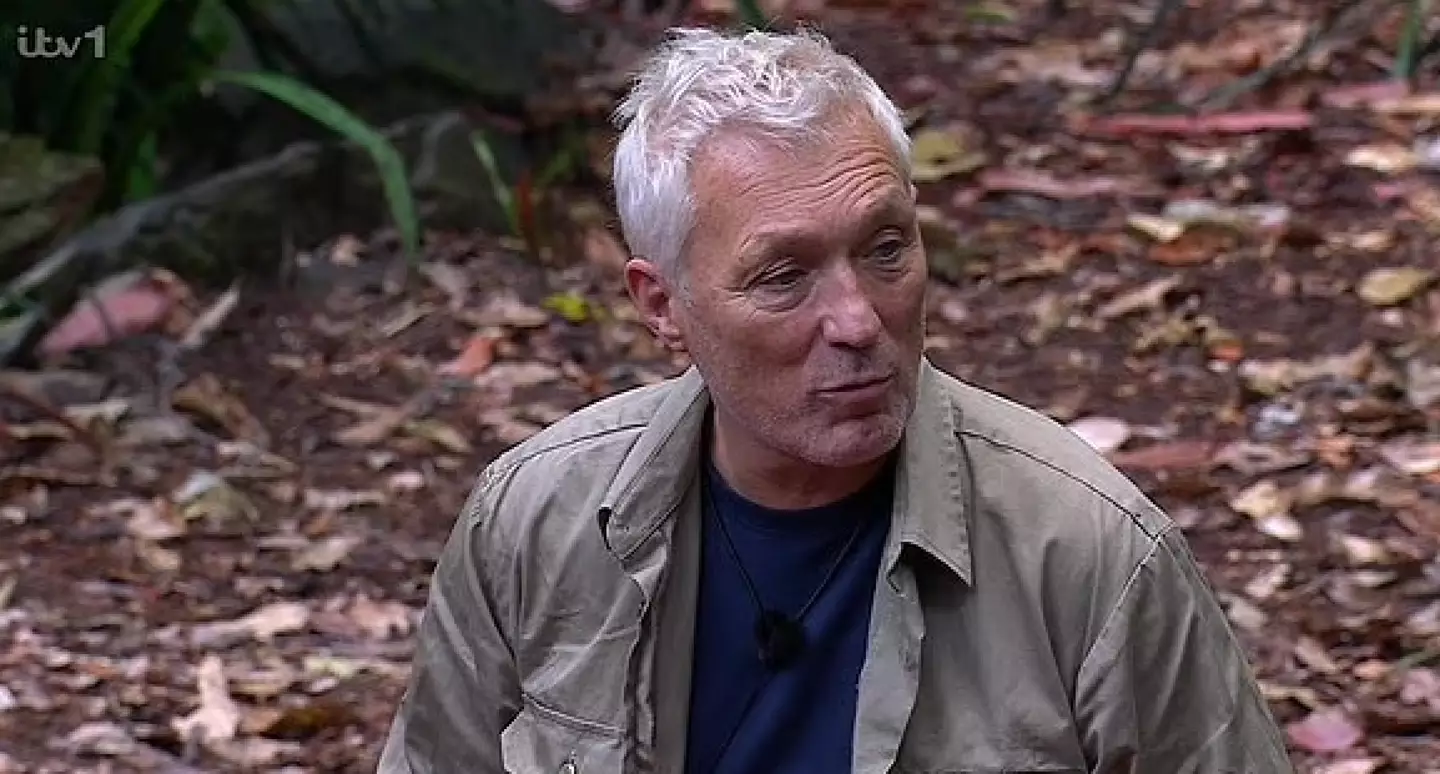
His dyslexia affected far more than reading. Speaking previously on his son Roman Kemp’s podcast, he explained that his brain injury also impaired his ability to navigate city streets or understand spatial relationships. He joked that digital maps have become essential tools in his daily life, not out of convenience but because they compensate for the lasting cognitive changes left by the tumour and its treatment.
Kemp’s openness on I’m A Celeb provided a rare and honest glimpse into the hidden aftermath of surviving cancer — the lifelong adjustments, the neurological shifts, and the resilience required to rebuild both physical and cognitive abilities. His story adds emotional depth to the series and serves as a reminder of the many different ways serious illness can reshape a person’s life long after treatment has ended.
Sources (as required):
(The Independent, BBC, Human Brain Mapping Journal, ITV)
News in the same category


Controversial I'm A Celeb star Ruby Wax's changing face

MAFS UK's Abi issues emotional relationship status update
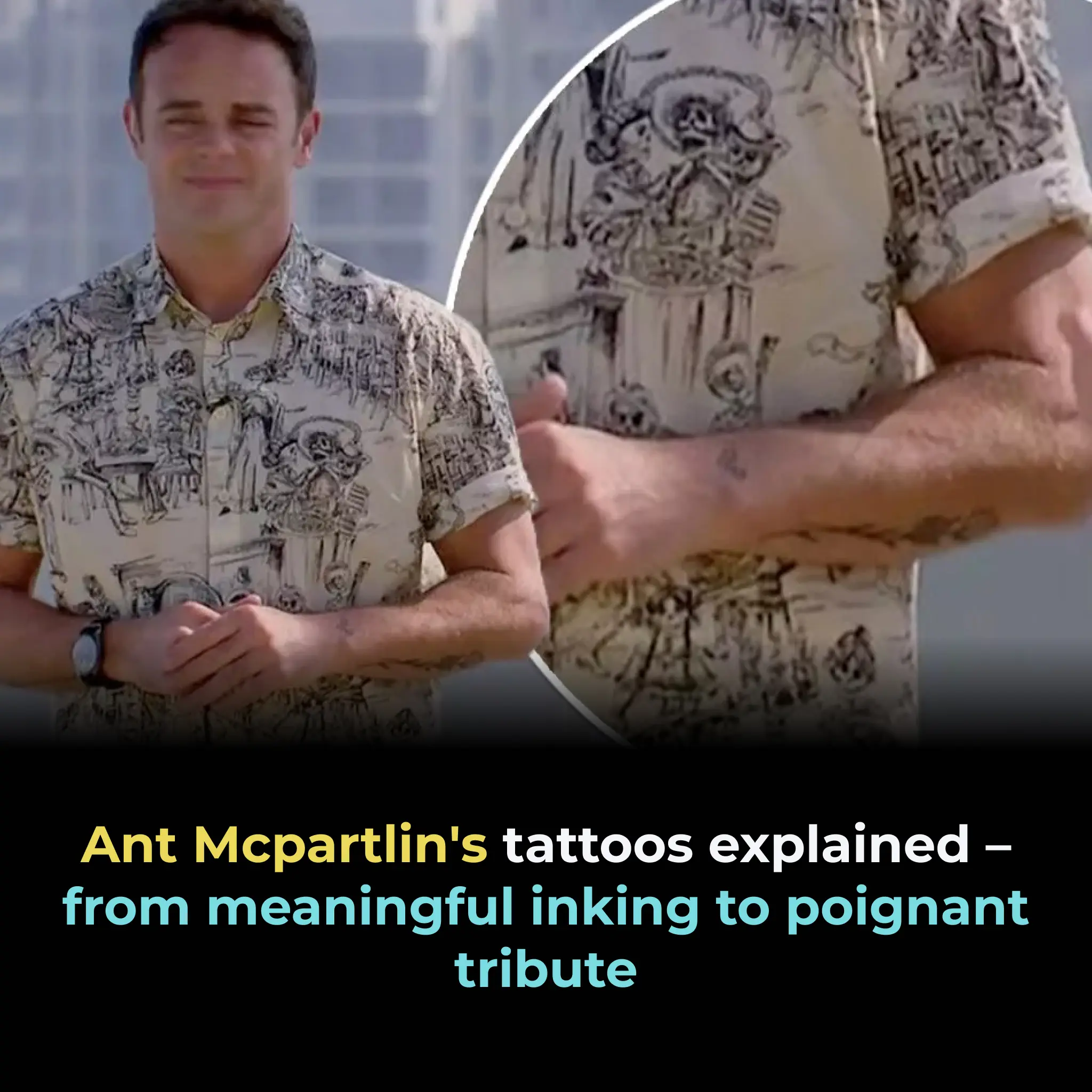
Ant McPartlin's tattoos explained – from meaningful inking to poignant tribute
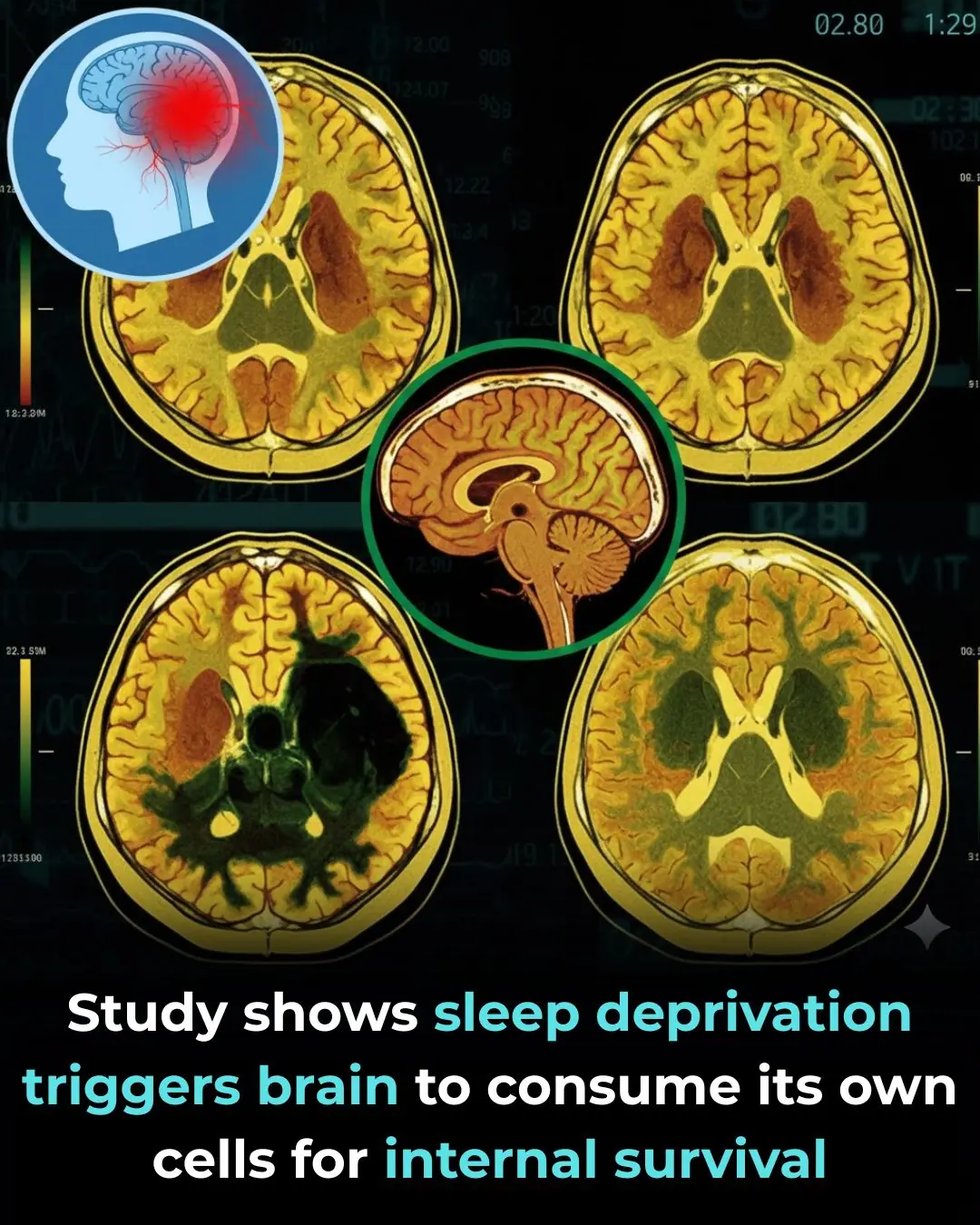
When the Brain Eats Itself: The Hidden Damage Caused by Lack of Sleep

Kerry Katona undergoes corrective boob surgery as she gushes over beau Paolo's support

How Rose Essential Oil May Reshape the Brain: A Deep Dive Into a Surprising New Study

Celebrity MasterChef’s Gaz Choudhry fails to impress Grace Dent and John Torode and is sent home
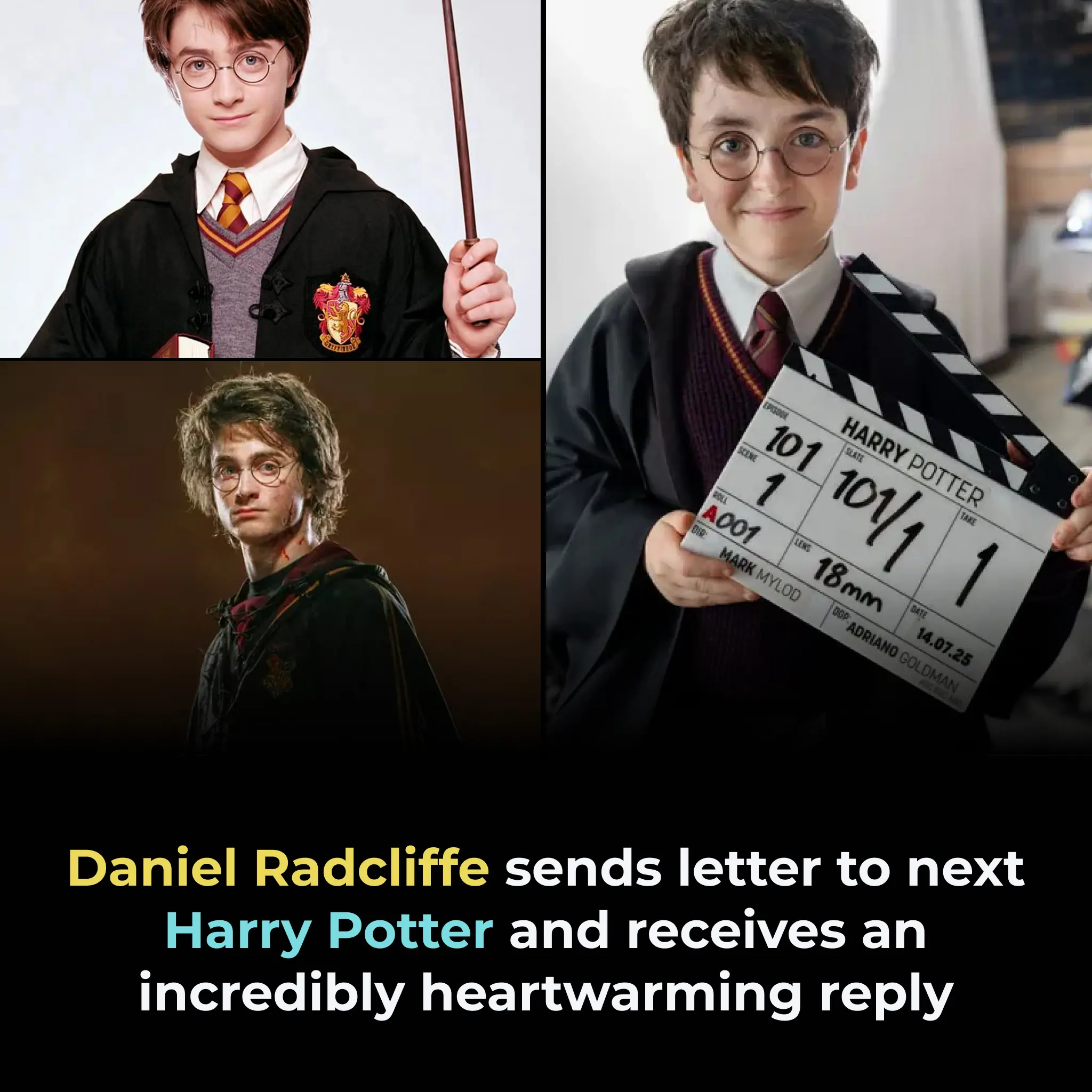
DANIEL RADCLIFFE SENDS LETTER TO NEXT HARRY POTTER AND RECEIVES AN INCREDIBLY HEARTWARMING REPLY

I’m A Celebrity 2025: What the meaning is behing Shona McGarty’s piercings and tattoos

BILLY BOB THORNTON REVEALS TRUTH ABOUT INFAMOUS BLOOD VIALS WITH ANGELINA JOLIE

Complaints pour in as I’m A Celebrity viewers fume at Kelly Brook’s comments to Jack Osbourne

Katie Price Reignites Tensions Over Daughter Princess Andre, Urges Teen to “Tell the Truth”

Coronation Street: Megan’s Grooming of Will Deepens as Actress Beth Nixon Reveals Troubled Backstory

Heartfelt meaning behind Jack Osbourne’s smiley face knee tattoos revealed

Gogglebox Star Steve Sheehan Playfully Warned by Wife Sue: “Be Careful on the Train!”

Deal or No Deal Contestant Ush Opens Up About Emotional Journey to Motherhood

I’m A Celebrity 2025: Aitch Handed Crucial Career Warning Ahead of Jungle Debut
News Post

Controversial I'm A Celeb star Ruby Wax's changing face

MAFS UK's Abi issues emotional relationship status update

The “Hand of God” Technique: How a Simple Gesture Brought Humanity Back Into Isolated Hospital Rooms

Ant McPartlin's tattoos explained – from meaningful inking to poignant tribute
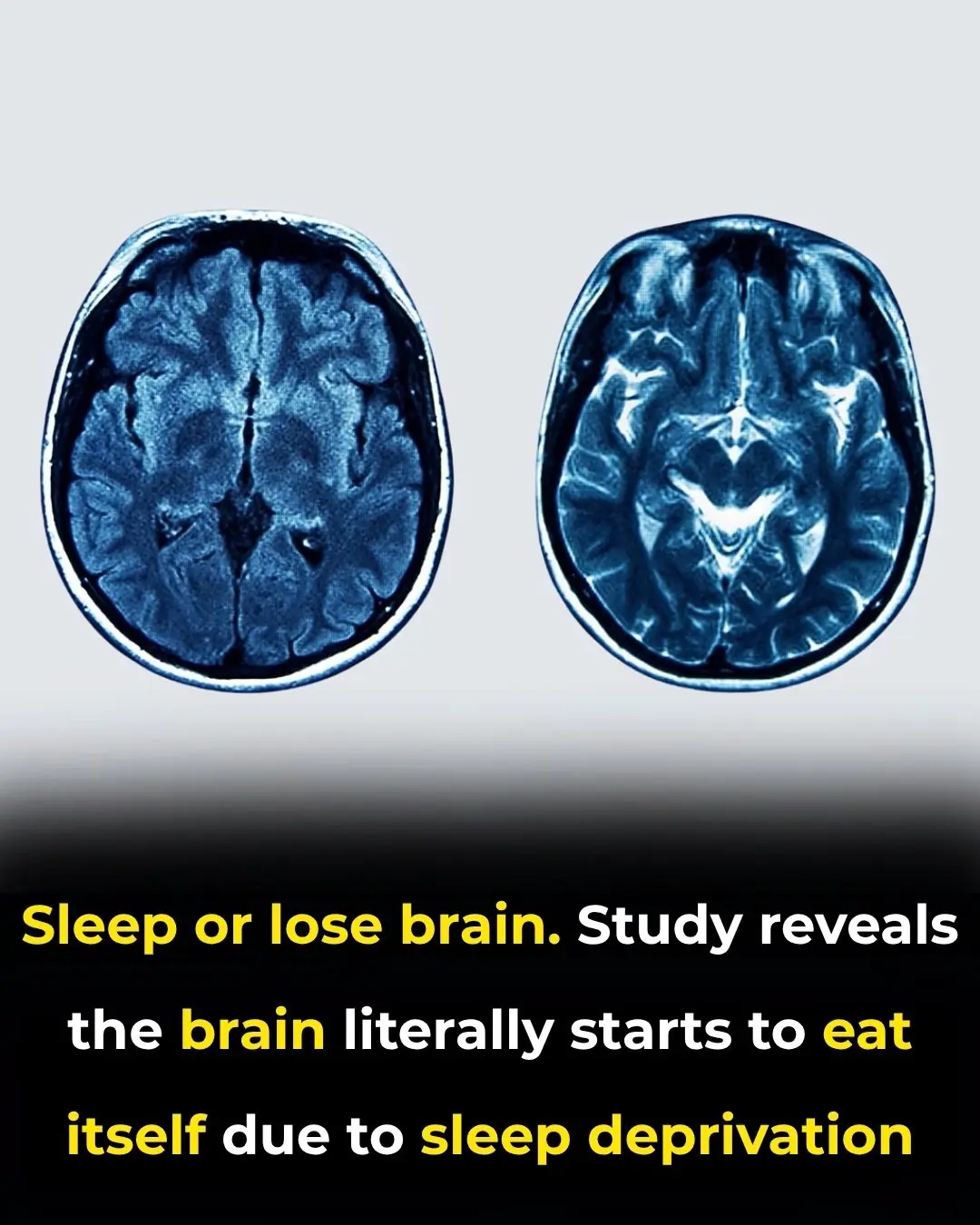
When the Brain Begins to Consume Itself: The Hidden Costs of Chronic Sleep Loss

When the Brain Eats Itself: The Hidden Damage Caused by Lack of Sleep

From Self-Marriage to Self-Divorce: Suellen Carey’s Viral Journey of Self-Love

Kerry Katona undergoes corrective boob surgery as she gushes over beau Paolo's support

How Rose Essential Oil May Reshape the Brain: A Deep Dive Into a Surprising New Study

Celebrity MasterChef’s Gaz Choudhry fails to impress Grace Dent and John Torode and is sent home

DANIEL RADCLIFFE SENDS LETTER TO NEXT HARRY POTTER AND RECEIVES AN INCREDIBLY HEARTWARMING REPLY
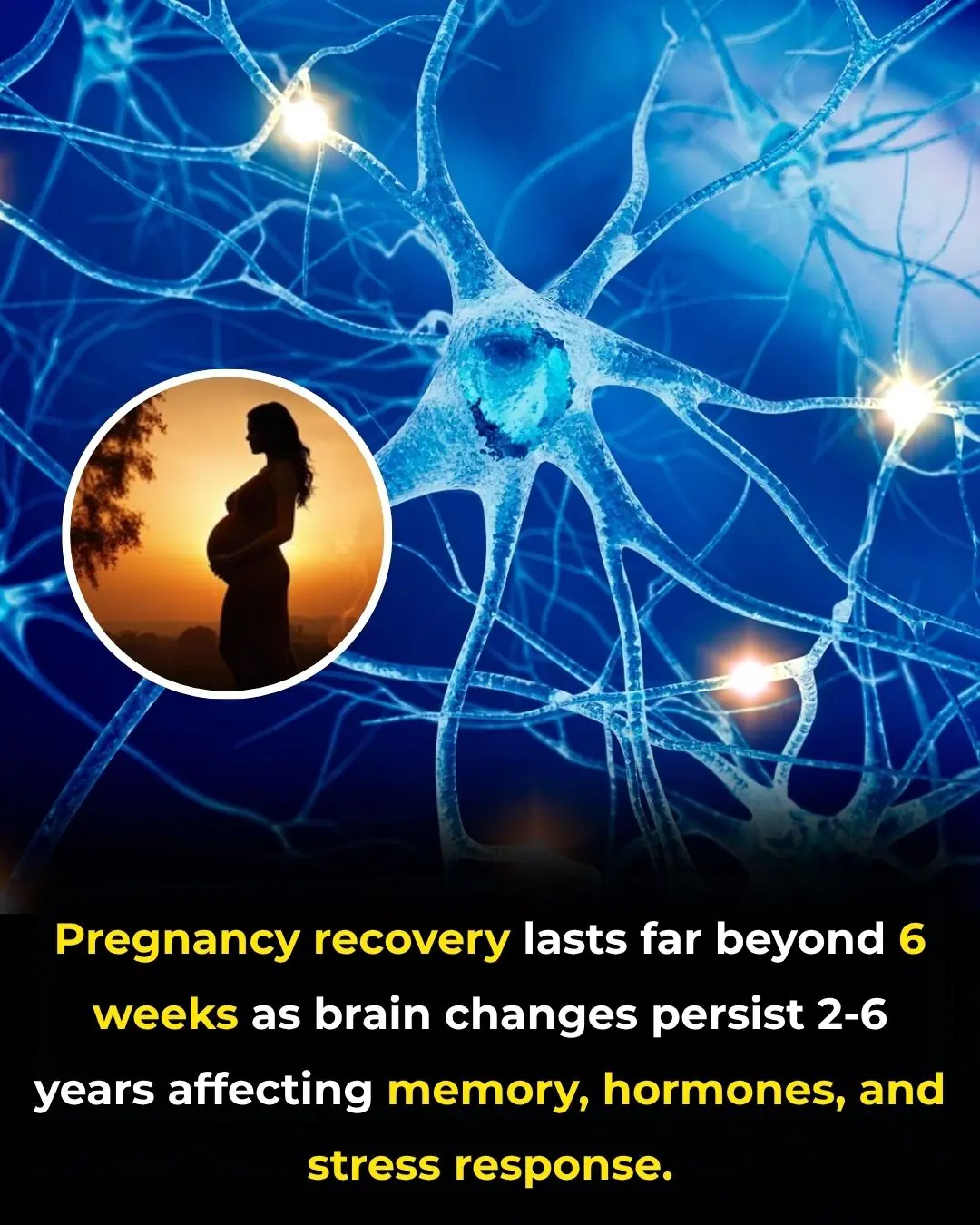
The Hidden Years of Postpartum Recovery: How Motherhood Reshapes the Brain

I’m A Celebrity 2025: What the meaning is behing Shona McGarty’s piercings and tattoos
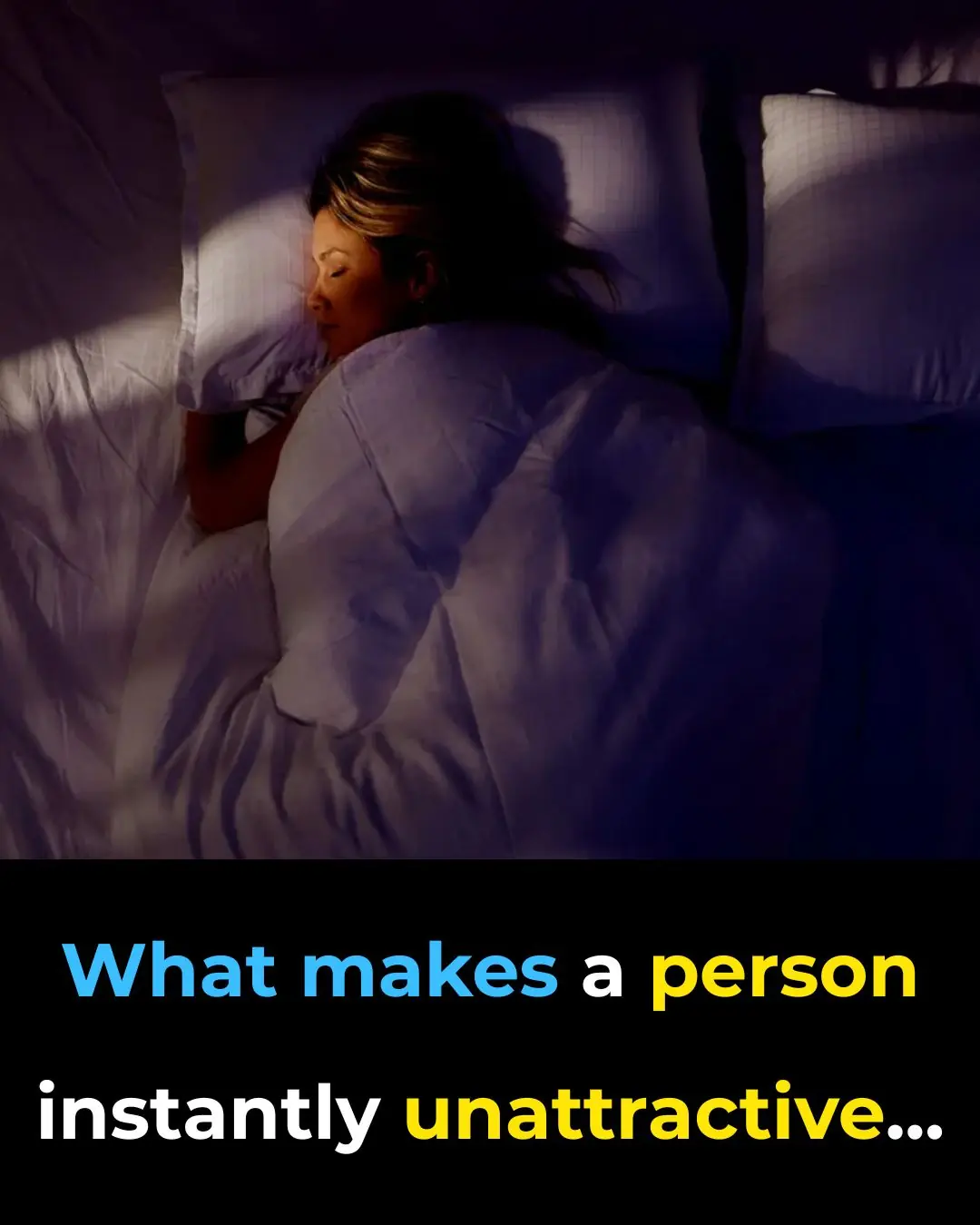
Unattractive Traits That Can Secretly Ruin a Relationship

Things You Should Never Do to Avoid Lightning Strikes

BILLY BOB THORNTON REVEALS TRUTH ABOUT INFAMOUS BLOOD VIALS WITH ANGELINA JOLIE

Nerve Pain Relief? The Vitamin Deficiency You Never Suspected!

3 Mineral Waters That Can Help Remove Aluminum From The Brain
